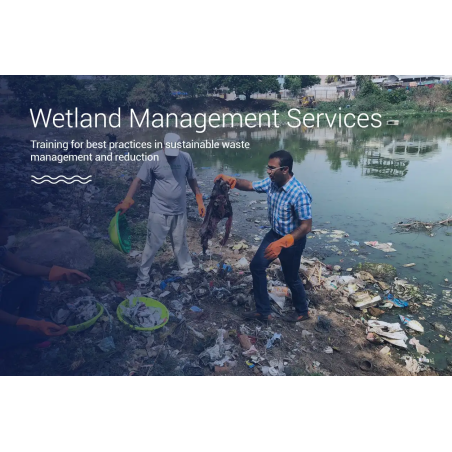Showing 1-6 of 6 item(s)
Water Body Cleaning Services
Cleaning water bodies like rivers is important to keep them healthy and beautiful. Services like Floating Waste Cleaning, River Cleaning, River Rejuvenation, and Watershed Management help a lot. They take out trash and make the water clean and safe for everyone. EnvMart offers these services to help take care of our rivers and lakes. You can get these services directly from us at the best prices, with free shipping. No matter if you're a big company or a small business, our worldwide shipping makes it easy for you to help clean up our water.
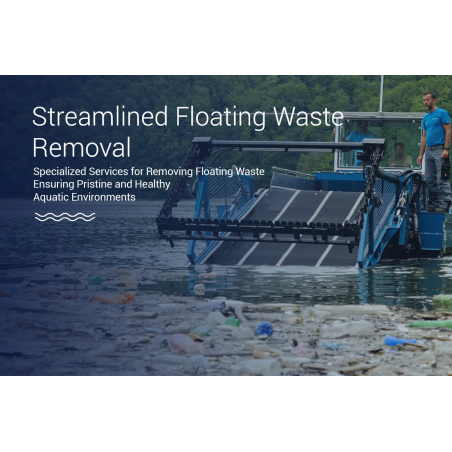 width="452" height="452"
sizes="(max-width: 452px) 100vw, 452px">
width="452" height="452"
sizes="(max-width: 452px) 100vw, 452px">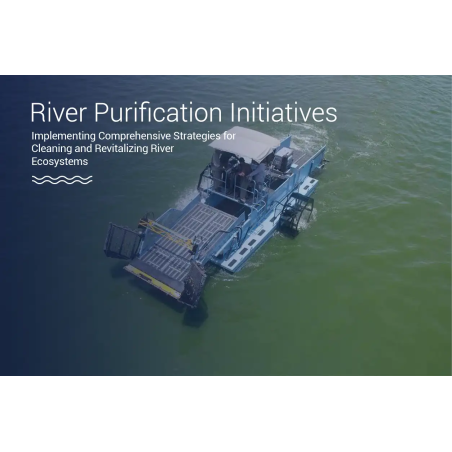 width="452" height="452"
sizes="(max-width: 452px) 100vw, 452px">
width="452" height="452"
sizes="(max-width: 452px) 100vw, 452px">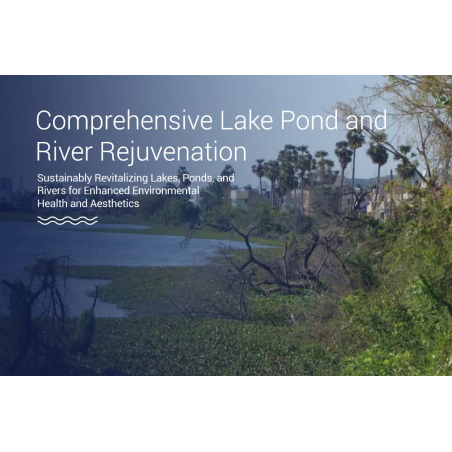 width="452" height="452"
sizes="(max-width: 452px) 100vw, 452px">
width="452" height="452"
sizes="(max-width: 452px) 100vw, 452px">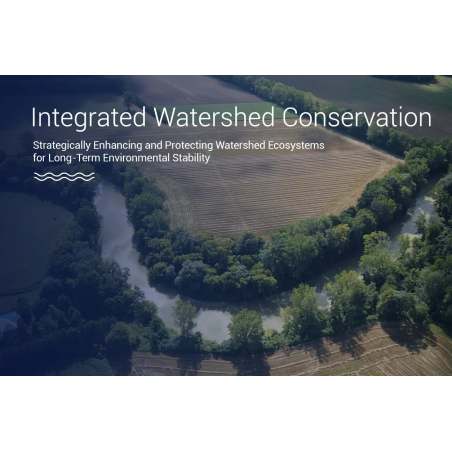 width="452" height="452"
sizes="(max-width: 452px) 100vw, 452px">
width="452" height="452"
sizes="(max-width: 452px) 100vw, 452px">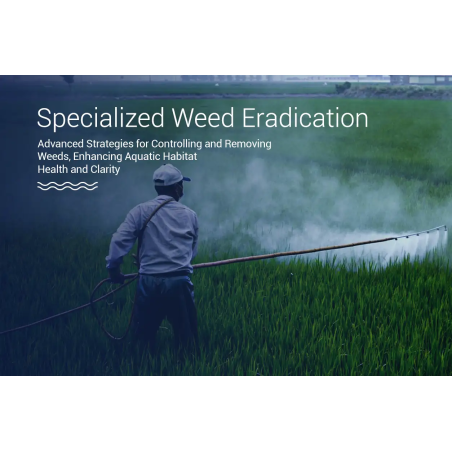 width="452" height="452"
sizes="(max-width: 452px) 100vw, 452px">
width="452" height="452"
sizes="(max-width: 452px) 100vw, 452px">